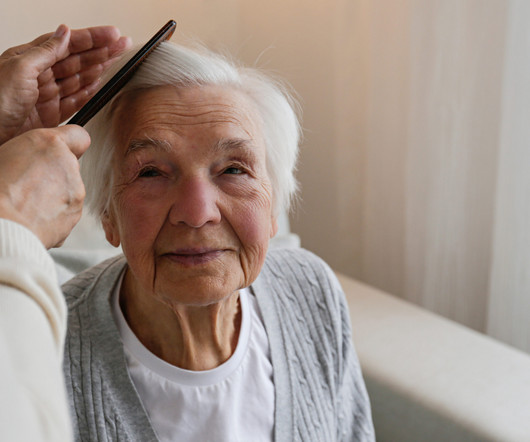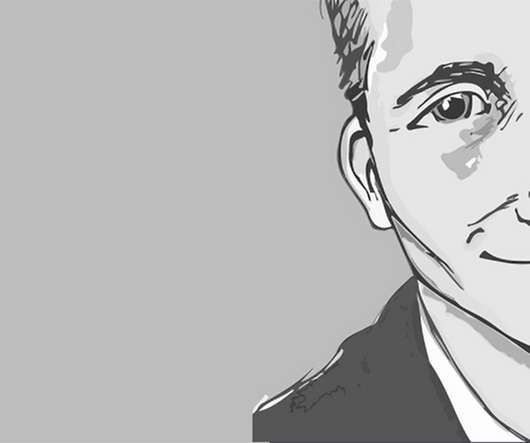Are Pets Helpful for Senior Citizens?
Seasons Hospice
MARCH 23, 2023
They also offer comfort and support in times of grief and illness, which can be especially important for elderly individuals. Structure and Purpose Having a pet can give seniors structure and purpose in their lives by providing them with daily routines such as feeding or walking the animal. Are Pets Beneficial For Hospice Patients?



























Let's personalize your content